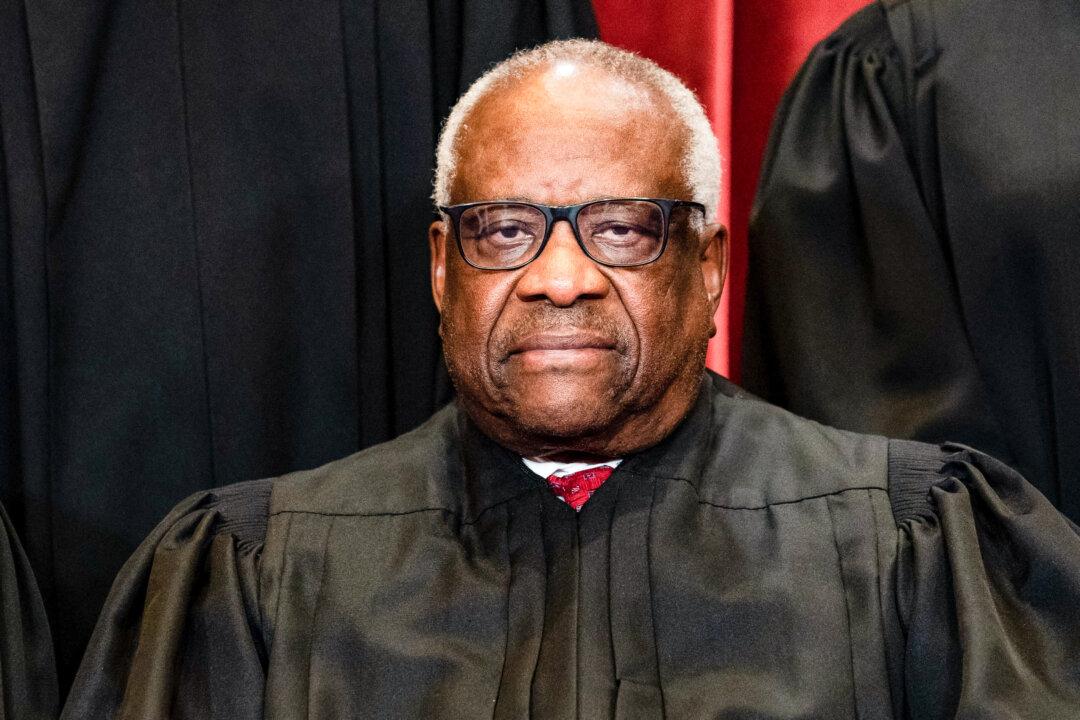The U.S. Supreme Court on Tuesday rejected an appeal from Don Blankenship, a former coal company CEO who ran for president in 2020, after he argued that major news outlets defamed him, while Justice Clarence Thomas argued that a landmark defamation ruling should be revisited.
A lower court ruled against Mr. Blankenship, the former chief executive of Massey Energy, after he served a year in prison on a misdemeanor charge following a West Virginia coal mine explosion that left 29 people dead in 2010. The 4th U.S. Circuit Court of Appeals affirmed a district court’s determination that CNN, Fox News, and 14 other outlets sued by the former CEO did not act with “actual malice” amid coverage of his unsuccessful 2018 U.S. Senate campaign, even if they failed to meet journalistic standards.





